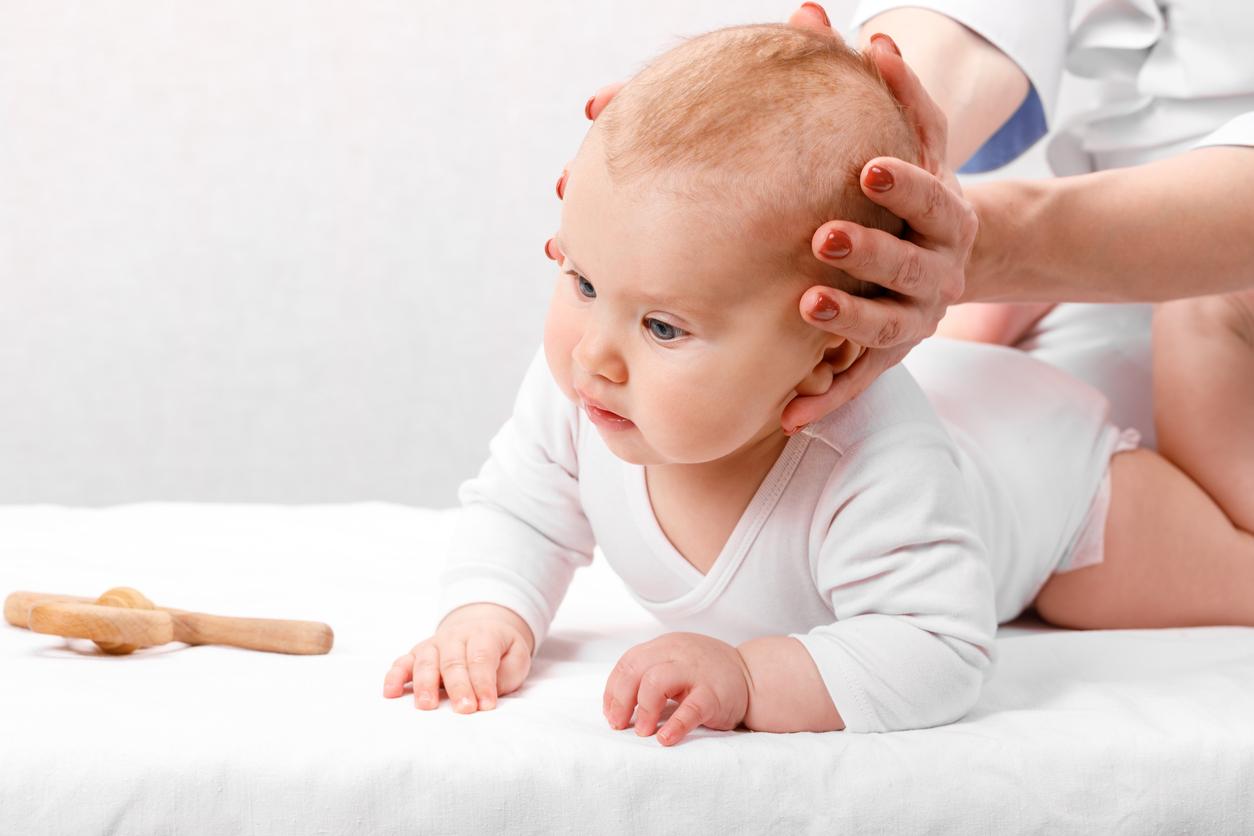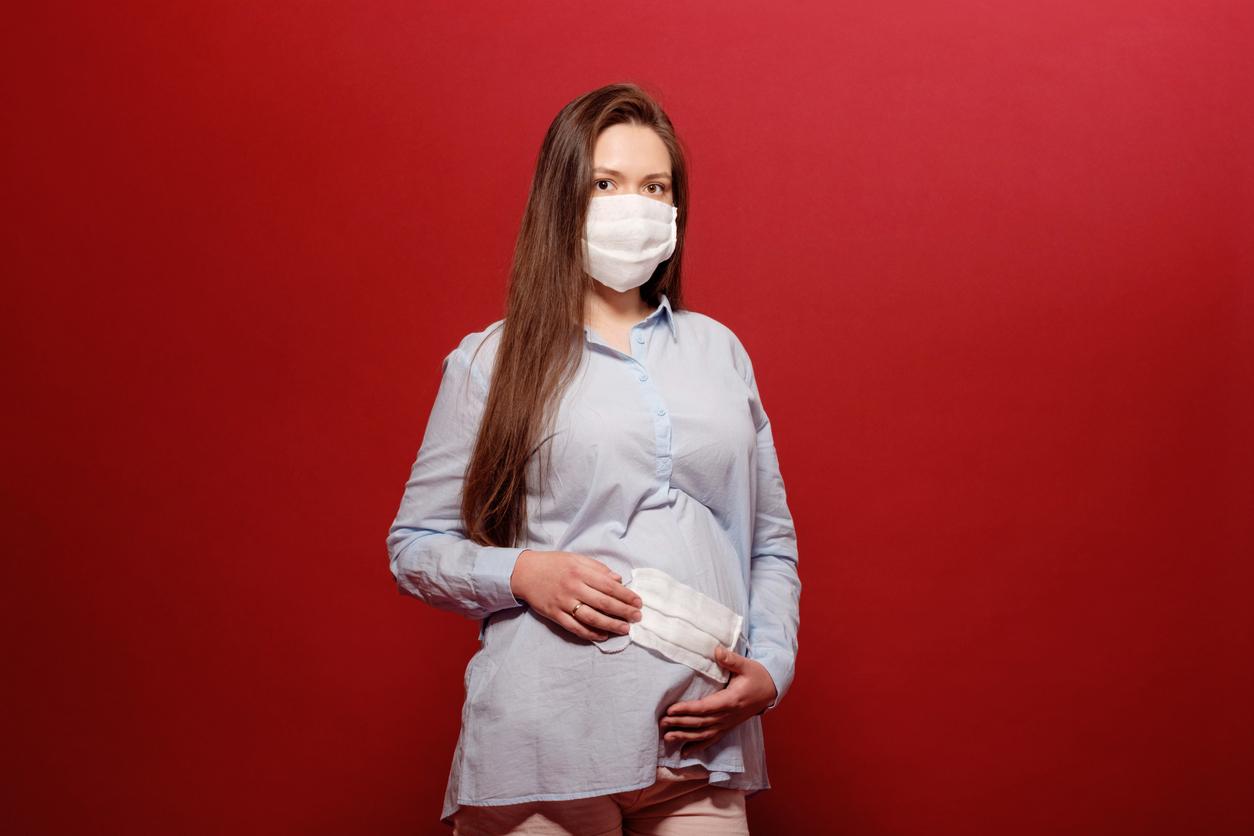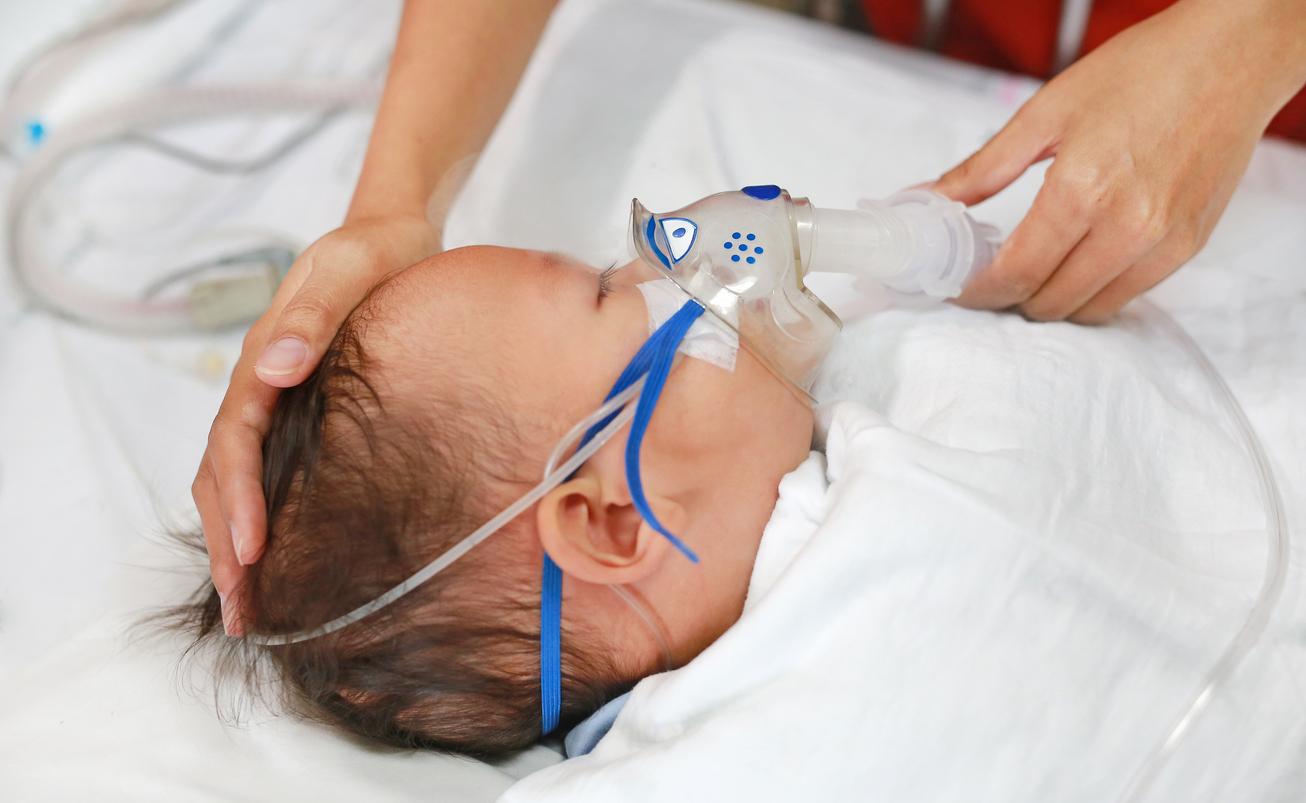Monday, October 7, the National Assembly voted on an amendment tabled by the group Les Républicains proposing to abandon the controversial technique of “baby medicine” within the framework of the bioethics law.

The possibility of conceiving a child in order to cure his big brother or his big sister suffering from a genetic disease will not appear in the bioethics law, currently discussed in the National Assembly.
On Monday evening, the deputies voted for an amendment proposed by Les Républicains in order to repeal this technique known as “baby medicine”. “This technique was authorized on an experimental basis by the law of August 6, 2004. But, in view of the transgression it represents, such a possibility cannot be maintained in the Public Health Code without compelling necessity”, declared MP Annie Genevard (LR), behind the amendment.
An ethical dilemma
The “baby-medicine” technique consists of taking stem cells from the umbilical cord of the newborn. The latter was designed with a double preimplantation diagnosis (PGD-HLA) so that he is free from the genetic disease from which his brother or sister suffers and immuno-compatible with it. The purpose of this blood sample from the cord is to cure the child suffering from the genetic disease.
Ethically controversial, the baby medicine technique was repealed by a large majority of deputies. “The baby medicine challenges us. We are faced with an ethical dilemma”, thus estimated the deputy Thibault Bazin (LR). “Between the child to be treated and the unborn child, the principle of the dignity of the person must prevail, who must exist for himself, not for another”, pleaded Thibault Bazin (LR).
“We can clearly see the effectiveness of this method, but there is a question mark over the use of an embryo and, ultimately, of a person, as a means and not as an end since we are going to impose on him the weight of the possibility of the recovery of another child”, still recalled Xavier Breton (LR).
If the rapporteur of the bill Jean-François Eliaou (LREM) pleaded for the maintenance of the technique by considering that it represented “the only possibility to treat” certain patients suffering from rare genetic diseases, the Minister of Health Agnès Buzyn explained that he did not have the perspective necessary to speak on the subject, having previously been a hematologist and hospital practitioner.
“These are families who have a parental project, decide to have another child and, within the framework, are offered to seek in addition, compatibility so that this new child can possibly save his brother or sister. But they are not children made to save another baby”, had however rectified the Minister of Health in the face of certain arguments put forward by the opposition.
.















